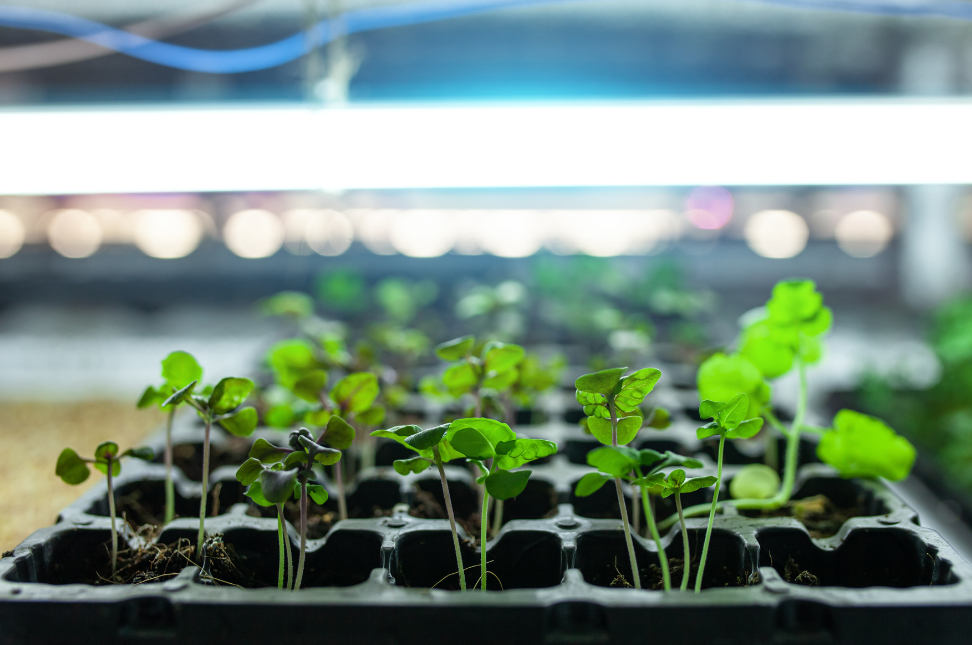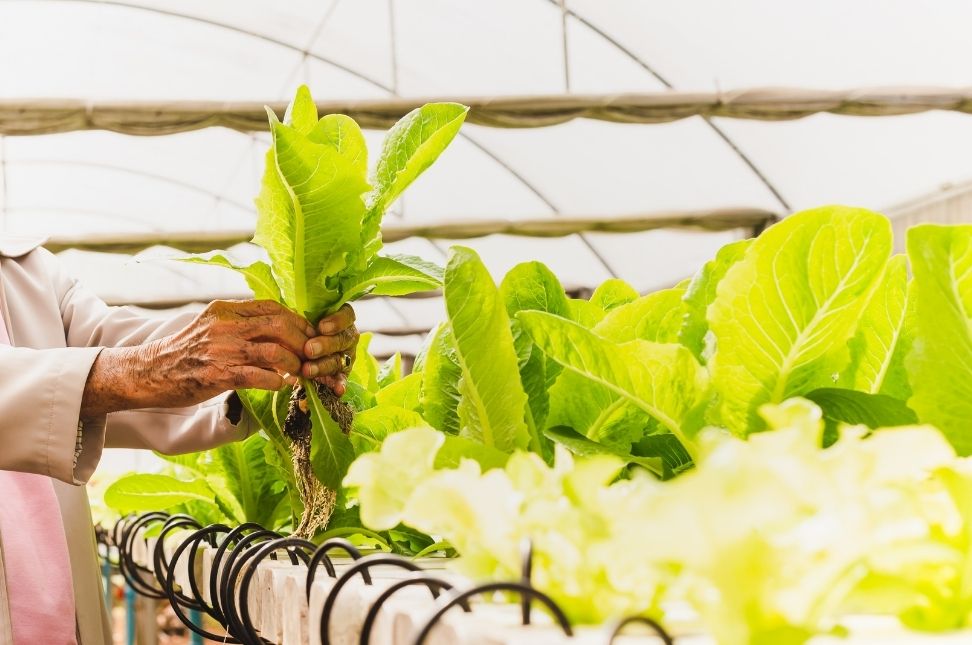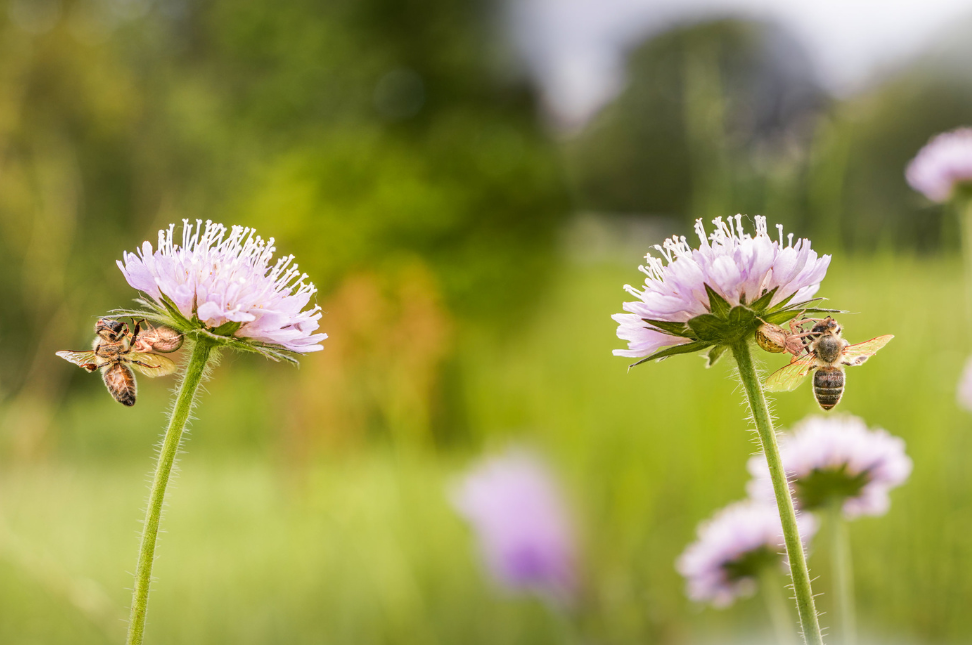Gardening can be a rewarding and therapeutic activity, especially for those new to the practice. Choosing the right vegetables is crucial for beginners to ensure a successful and enjoyable gardening experience. This article explores the best vegetables to grow for beginners, highlighting easy-to-grow varieties that will provide a bountiful harvest with minimal effort.
Why Grow Your Own Vegetables?
Growing your own vegetables has numerous benefits. It ensures a fresh supply of produce, helps you save money, and allows you to control the use of pesticides and fertilizers. Additionally, gardening is a great way to get some exercise and enjoy the outdoors. For beginners, starting with the right vegetables can make all the difference in creating a sustainable and enjoyable hobby.
Factors to Consider
Before diving into the list of the best vegetables to grow for beginners, it’s important to consider a few factors:
- Climate: Choose vegetables that are suitable for your local climate.
- Space: Assess the amount of space you have for gardening.
- Soil Quality: Ensure you have good quality soil or consider using raised beds or containers.
- Sunlight: Most vegetables need at least 6-8 hours of sunlight per day.
The Best Vegetables to Grow for Beginners
1. Tomatoes
Tomatoes are a favorite among beginner gardeners. They are relatively easy to grow and produce a high yield. There are many varieties to choose from, including cherry, beefsteak, and plum tomatoes. They can be grown in garden beds or containers, making them versatile for any space.
- Planting Tips: Start with seedlings rather than seeds to speed up the process. Plant them in well-drained soil and water regularly.
- Care: Support plants with stakes or cages to keep the fruit off the ground. Watch out for pests like aphids and caterpillars.
2. Lettuce
Lettuce is a fast-growing vegetable that can be harvested multiple times throughout the season. It thrives in cooler weather and can be planted early in the spring or late summer.
- Planting Tips: Sow seeds directly into the soil. Thin seedlings to allow space for growth.
- Care: Keep the soil moist and provide partial shade in hotter climates to prevent bolting.
3. Radishes
Radishes are one of the quickest vegetables to grow, often ready to harvest in just 3-4 weeks. They are perfect for small gardens and containers.
- Planting Tips: Sow seeds directly into the ground and thin them to about an inch apart.
- Care: Ensure consistent moisture and thin seedlings to prevent overcrowding.
4. Carrots
Carrots are easy to grow from seed and do well in loose, sandy soil. They can be planted in early spring and harvested throughout the summer and fall.
- Planting Tips: Sow seeds directly into the soil and thin seedlings to prevent crowding.
- Care: Keep the soil moist and free of weeds to ensure healthy growth.
5. Zucchini
Zucchini is a prolific producer, making it a great choice for beginners. It requires plenty of space but rewards with a generous harvest.
- Planting Tips: Plant seeds directly into the soil after the last frost.
- Care: Water regularly and provide plenty of sunlight. Harvest zucchini when they are about 6-8 inches long for the best flavor.
6. Green Beans
Green beans are another excellent option for novice gardeners. They can be grown as bush beans or pole beans, depending on the space available.
- Planting Tips: Sow seeds directly into the soil and provide support for pole varieties.
- Care: Ensure regular watering and harvest beans when they are young and tender.
7. Peas
Peas are a cool-season crop that can be planted in early spring. They are easy to grow and can be harvested in about 60 days.
- Planting Tips: Sow seeds directly into the soil and provide support for climbing varieties.
- Care: Water regularly and mulch to keep the soil cool.
8. Spinach
Spinach is a nutritious leafy green that grows quickly. It prefers cooler weather and can be planted in early spring or fall.
- Planting Tips: Sow seeds directly into the soil and thin seedlings to allow space for growth.
- Care: Keep the soil moist and provide partial shade in warmer climates.
Tips for Successful Gardening
To make the most of the best vegetables to grow for beginners, follow these tips:
- Start Small: Begin with a few easy-to-grow vegetables to avoid feeling overwhelmed.
- Use Quality Soil: Invest in good quality soil to provide the best environment for your plants.
- Water Wisely: Water your plants regularly but avoid overwatering, which can lead to root rot.
- Pest Control: Monitor your garden for pests and take action early to prevent infestations.
- Enjoy the Process: Gardening is a learning experience. Enjoy the journey and celebrate your successes.
Conclusion
Embarking on a gardening journey can be both exciting and rewarding. By starting with the best vegetables to grow for beginners, you set yourself up for success. Tomatoes, lettuce, radishes, carrots, zucchini, green beans, peas, and spinach are all excellent choices for novice gardeners. These vegetables are relatively easy to grow, require minimal care, and provide a bountiful harvest.
So, roll up your sleeves, grab your gardening tools, and start planting. With patience and care, you’ll soon enjoy the fruits (and vegetables) of your labor. Happy gardening!




